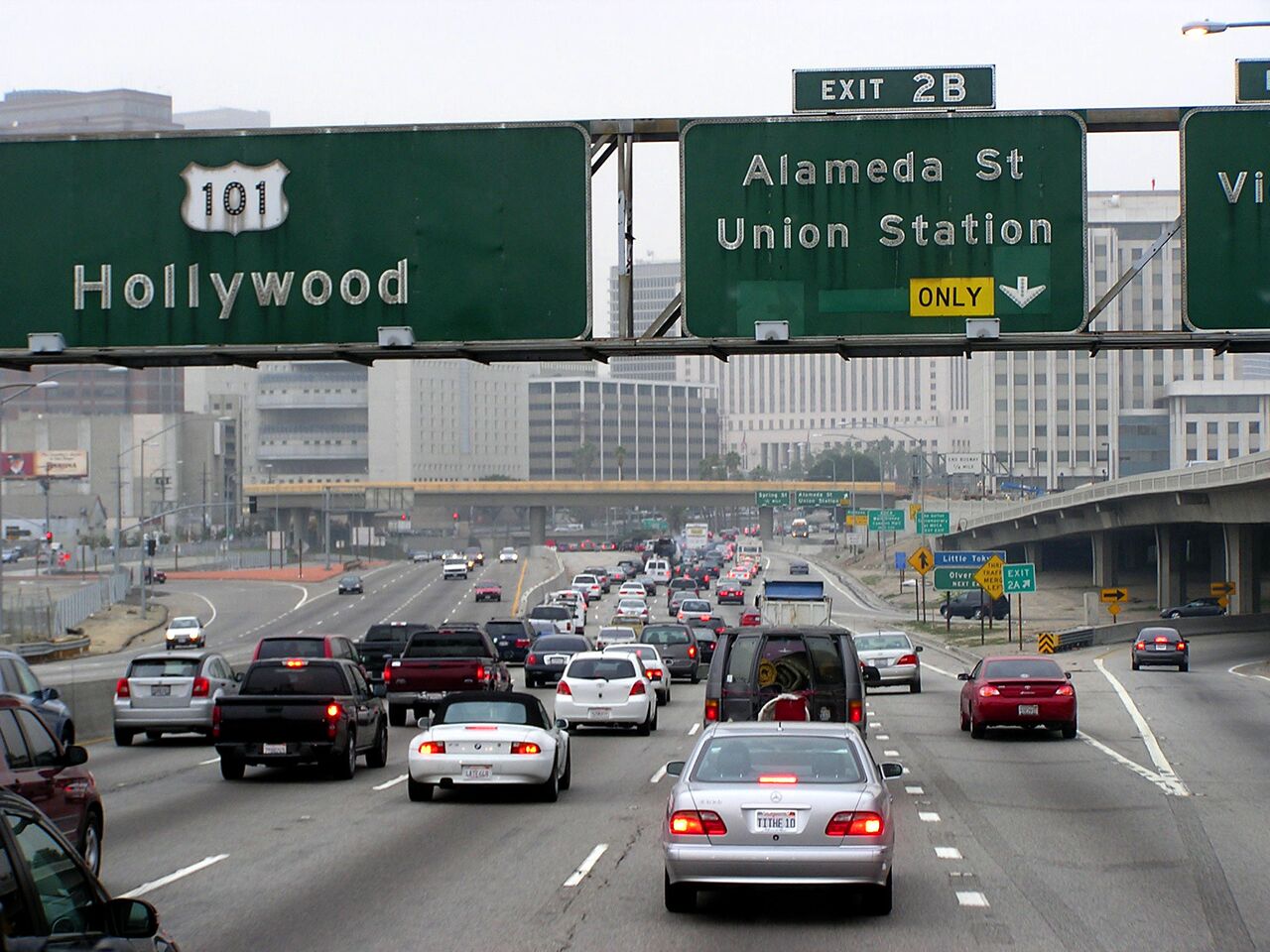
State agencies cannot legally refuse to contribute to mitigation programs under the California Environmental Quality Act (CEQA) in the event that the Legislature has not designated funds for mitigation actions according to a recent judicial decision.
The California Supreme Court ruling determined that the Board of Trustees (Board) of San Diego University (SDU) must mitigate the harmful environmental impacts of increased traffic congestion resulting from a campus expansion project as mandated by CEQA. The decision affirms that state agencies may not unilaterally shift the burden of costs incurred from off-site mitigation to local and regional governments.
The case before the Court focused on an Environmental Impact Report (EIR) issued by SDU in 2007 detailing an expansion plan for increased residential, academic and research facilities. The EIR concluded that the project would create significant traffic congestion in the surrounding areas off campus. The Board estimated its fair share of the associated negative impact to be 12%, but conditioned funding on the contribution of money from the legislature.
In addition, the Board issued a Statement of Overriding Considerations, which allows a reviewing public agency to approve a project when its non-environmental benefits outweigh its negative environmental impact. The Statement confirmed that the negative impact created by the project would be unavoidable and could not be mitigated absent earmarked legislative funding.
The Supreme Court found that CEQA does not impede the inclusion of mitigation costs into the project’s budget. Nor does CEQA preclude the use of other monetary sources to cover these costs. The Court concluded that CEQA does not limit a state’s agency’s statutory requirement to mitigate an environmental impact on the basis of whether or not funds have been appropriated for that designated purpose. This ruling confirms that CEQA regulations will generally be upheld where harmful effects can be anticipated, regardless of the entity undertaking the project.
Contact Shane Coons at 949-333-0900 or visit his website at www.ShaneCoonsLaw.com to find out more about the practice.
